Jersey
About Jersey
Jersey is the largest of the Channel Islands. It is between Britain and France and provides a convenient location and a relaxed lifestyle. It is a beautiful place to have a family, providing a stable economy and an appealing tax structure. Its residents enjoy a high living standard and excellent flight connections.
Citizen By Investment Jersey
Country Information
Jersey’s status as a small island blessed with breathtaking beauty, a great history, and stunning landscapes never surprises me. It attracts tourists to this prominent location each year.
Population:
N/A
107,000
Languages:
N/A
English, French
Economy:
N/A
Finance, Tourism
Currency:
N/A
British pound
Living in Jersey
The largest Channel Islands, Jersey, is in the English Channel near the French shore. The Channel Islands are not part of the United Kingdom but are a part of the British Isles, giving them a unique constitutional link that offers complete financial and fiscal independence. Jersey is neither a member of nor subject to the British administrative or judicial systems nor represented in the British parliament.
Jersey — A tradition of brilliance in financial services
The financial and trust sectors are well-developed in the Channel Islands. Almost 10,000 individuals, or 20% of the island’s workforce, are employed in Jersey, contributing to 43% of the island’s economic activity. Jersey welcomes quality business from clients worldwide but maintains strict safeguards to protect its excellent reputation. Bill has been proposed during the previous ten years to enhance Jersey’s status.
The government’s Finance and Economics Committee regulates and supervises all financial institutions in Jersey. The Jersey Financial Services Commission, which closely monitors all banks and trust businesses, enforces supervision.
The financial services sector in Jersey is among the most advanced in the world, and it has a long history of brilliance. Jersey offers some benefits over most other jurisdictions, particularly for the administration of trusts and international corporate structures, including the following:
A long history of political and economic stability
Excellent reputation for integrity, quality, and expertise
Well-regulated and mature finance and trust industry
Major banking centre
Convenient location in Western Europe
Economy
Tourism and finance have overtaken Jersey’s traditional agriculture, boat-building, fishing, and knitwear industries. All major currencies are acceptable for financial transactions. The retail currency consists of the British and the Jersey pound (valued at 1:1).
Finance
Although it didn’t exist before 1962, the finance sector supplies 60% of the government’s revenue and 55% of the island’s GDP. Nowadays, Jersey has over 33,000 registered firms and 55 banks. The industry is attractive due to Jersey’s stable government and proximity to the UK and Europe. Jersey has one of the world’s highest per-capita gross national incomes (GNI). Consequently, just over half of Jersey’s economic activity is in the financial services sector, which includes banking, trust, fund management and administration, accountancy, and legal actions. Almost a fourth of the workforce is employed by it.
Tourism
Tourism contributes about 25% of the island’s GDP. The largest visitor numbers are from the UK. The island is also famous for those from Germany, France, and the other Channel Islands. Jersey offers an array of world-class hotels with excellent facilities, various restaurants and bars, and a lively nightlife.
Agriculture
As the Jersey cow and the Jersey Royal new potato were introduced, Jersey’s agricultural sector started to grow. The Jersey cow evolved by selective breeding during the first half of the 19th century, and a steady export business grew due to the international recognition of the quality of the breed. The Jersey cow is an integral part of Jersey’s living heritage. It is a defining element of the talent of cattle breeders throughout history. The first Jersey Royal new potato was grown by Hugh de la Haye in 1879, and within ten years, more than 65,000 tonnes were shipped to the English market. Nowadays, 5% of the island’s GDP comes from agriculture. The country’s main exports comprise the Jersey cow’s associated dairy products, Jersey Royal potatoes, and a variety of market garden crops and flowers.
Education
The government and the people of Jersey place a high priority on education. The national curriculum of the UK serves as the foundation for Jersey’s excellent educational system. About 10,500 students are educated in the education sector. Five secondary schools, 23 primary schools (including 10 nursery units), and private schools are available. Since Jersey doesn’t have any universities, students must continue their further education in the UK or somewhere else. However, University College Jersey, the Higher Education Division of Highlands College, which provides various academic and vocational programs and adult education courses, offers further education on the island.

